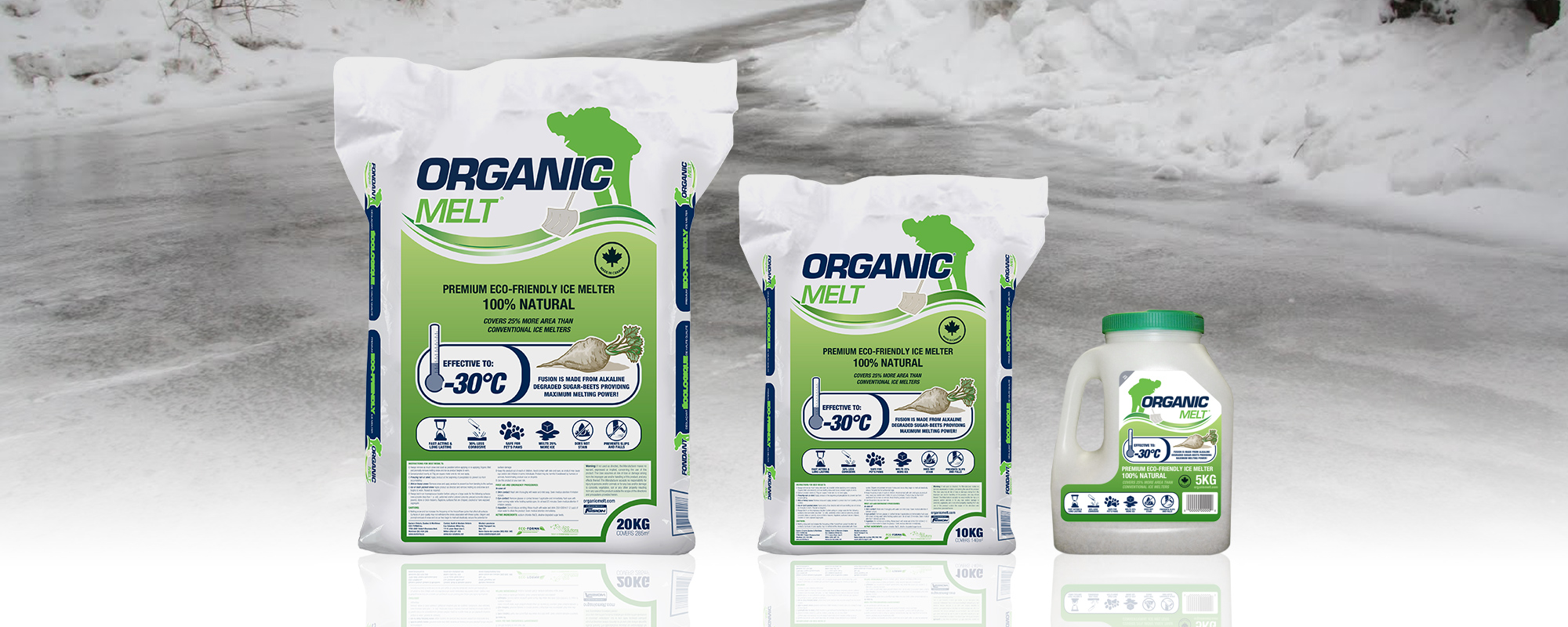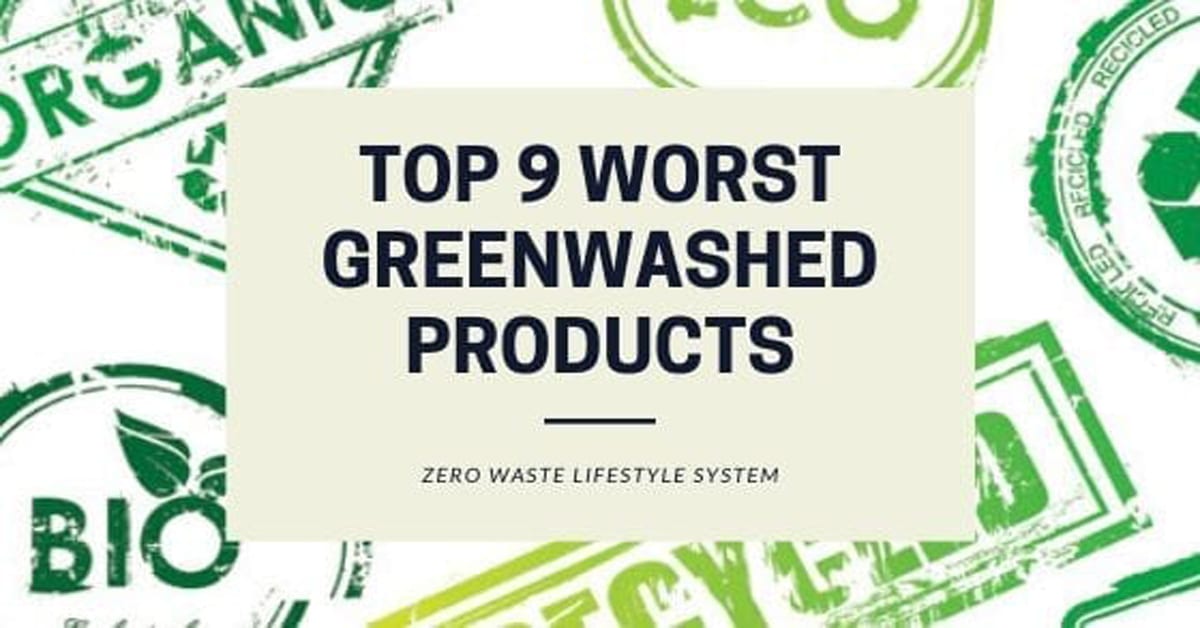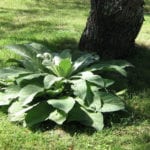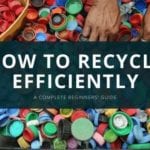Now more than ever before, companies are misrepresenting their products to the public. In fact, in today’s marketplace, some 95% of eco-friendly products are considered to be greenwashed.
The reason behind this shift in advertising comes as a result of a change in the public’s mindset where corporate citizenship is concerned. Those companies that practice sustainability, Tyler Butler of 11Eleven Consulting says, have a lot of intrinsic value and a large influence over consumers buying patterns.
Consequently, companies have sought out ways to manipulate and cajole consumers into believing that their products are authentically sustainably produced. Sadly, many times consumers are being misled to believe that their favorite products are somehow all-natural or sustainably produced and that is just simply not the case.
Greenwashing is this creative approach to branding that has led patrons to believe that products are somehow more sustainable than they have been previously. Consumers have been misled into believing they are choosing healthier and more eco friendly options.
Here are some of the worst greenwashed products that you should avoid buying into, according to industry experts.
Worst Greenwashed Products
Charcoal Toothpaste
According to Nate Masterson of Maple Holistics, activated charcoal is one of the most trendy natural ingredients that is often marketed as a safe and organic cleansing agent. While charcoal can be a highly effective absorbent and help remove toxins, it isn’t necessarily gentle because it’s natural.
In fact, a 2017 study revealed that dentists had to continuously warn patients about using charcoal-based dental products. For starters, charcoal is exceptionally abrasive and can wear down your enamel. While breaking down the teeth’s natural barrier, teeth may yellow, and even become stained by charcoal particles.
Frito Lay
Frito Lay, a giant of the processed snacks industry, has some of the worst greenwashed food products.
Their products are inherently unhealthily. Nevertheless, this did not stop them from attempting to participate in the greenwashing of their chips. The company has since branded their products as Natural Lay’s Potato Chips to the Classic Lays Potato Chips, attempting to give the appearance of a more natural option and thus being healthier.
They altered their packaging to appear more eco friendly as well. By opting for an earth toned package they look to emphasize the environmentally friendly claim on their label, making moves to alter the publics perception of their popular greasy treats.
Still the only actual difference between the Natural and Classic versions of Lays Potato Chips is the thickness of the chips and a different variation of the oil and salt being used. There is no difference whatsoever between the grams of fat or number of calories, simply a change in the type of oil and salt used. The alteration is just enough of a differentiator for a complete rebranding, to have the public believe they are making a healthier choice.
Sustainable fabrics on fast fashion
Fast fashion brands such as H&M are now creating lines made from more sustainable fabric, which is great. But it is a greenwashed product in of itself. Simply because the fast fashion model can never deliver on net zero targets. According to Vega Sims of Just Luve, focus should really be on slowing production rates not just on introducing sustainable fabrics.
Prius

The Prius is marketed as a more eco-friendly car and many individuals hoping to reduce their carbon footprint forked over the money for one. However, according to Amanda Webster, the nickel contained in the battery is mined and smelted at a plant in Ontario that has caused so much environmental damage that NASA has used the ‘dead zone’ around the plant to test moon rovers. Prius is a pricey greenwashed product that we should NOT buy into.
Nuclear Power

Nuclear power puts up a good front, claiming it has less carbon impact. And it’s true when you talk about the actual process of splitting atoms in a reactor. But according to Shel Horowitz, award-winning author, to get to that point, a whole lot of carbon-intensive activity takes place: mining, milling, transportation of the uranium ore, processing into fuel rods, and so forth. So technically, nuclear energy is more of a greenwashed industry than solution.
And that doesn’t even factor in the enormous carbon costs of building and operating the facilities where these processes take place or the machines that do them are manufactured, including the power plants themselves.
Then there are two little matters that make the so-called green industry even murkier: waste storage and accidents. There is no safe solution to keep the waste completely separated from the environment for the necessary 220,000 thousand years. It is completely irresponsible to develop this technology until that problem is solved.
To put this in perspective, the oldest cities (like Jericho) date back only about 10,000 years. Agriculture might go back 30,000 years. In short, we have no history coming even close to that length of time, and even in the much shorter span we’ve had, languages go dead, settlement patterns shift, etc.

As for accidents: One Chernobyl takes a huge swath of land and makes it uninhabitable and unfarmable. Chernobyl was in 1986 and that area is still closed. We’ve had many other accidents that could have been as bad as Chernobyl–not just Three Mile Island and Fukushima, but many you probably haven’t heard of.
Vegan Leather
Stephen M. Sothmann, President of Leather & Hide Council of America, believes that one of the worst greenwashed examples is vegan leather products that tout themselves as a sustainable alternative to real leather. In fact, the vast majority of these vegan products are made from cheap plastics (PU) that will biodegrade into microplastics and kill far more animals (in rivers and oceans) in their lifetime than real leather products do.
There is no issue with people or companies that do not wish to use animal products for various reasons, but to claim plastic is a more sustainable option as a marketing claim is just greenwashing.
Organic Melt Ice Remover

Another greenwashed product which has been proven in the news is the Organic Melt Ice Remover.
Organic Melt ice remover is actually organic. Rock salt is natural. However, that doesn’t mean it’s good for the environment in large quantities like you would need to use on your driveway.
According to Melanie Musson of QuickQuote.com, the rock salt that you shovel with the snow onto your yard will actually harm your grass and plant life. You should avoid even organic substances that aren’t naturally found in your environment because they will hurt the ecosystem’s balance.
Dawn antibacterial soap
Dawn’s labels feature baby seals and ducklings with the promise that Dawn helps save wildlife. And while Dawn does donate soap to clean up animals after oil spills and gives money to rescue groups, the product itself contains an ingredient harmful to animals.
A very contrary thought to those commercials you see with a pair of hands gently cleaning a duck or penguin that’s been covered in oil. Triclosan, an antibacterial agent, was recently declared officially toxic to aquatic life and it is an ingredient environmental groups have called for to be banned.
When parent company Proctor & Gamble, maker of Dawn products, refused to answer to these findings the company instead said, “All of our Dawn dishwashing products and ingredients are in compliance with current legal and regulatory requirements in Canada.” Thus once again overlooking the greenwashing of their signature cleaning product.
Recyclables

This is one of the worst greenwashing in the bunch, says Max Kimmel of One Shot Finance. Recyclables – such a feel-good word.
Recyclable sounds great, but all it means is that it’s POSSIBLE to recycle them. Not that it automatically gets recycled.
You have to actually recycle it, hope it makes it to a facility where it can be reused, and doesn’t get thrown out somewhere along the way.
In addition, this causes people to think they’re being green by using plastic, possibly increasing the total amount of plastic waste in the world.
Conclusion
You need to watch out for greenwashing. Beware of just about any deceitful tactic companies would use to trick you out of cash using a sustainable label. The ten greenwashed products discussed above are just a few of the things we should stay away from.
There is a wide plethora of other so-called sustainable products in the market. Don’t get fooled into buying more to achieve a less wasteful lifestyle.
When you go zero waste, the most important attitude you must embody is mindfulness. Be mindful of how you live, what you buy and where you use it. Don’t just buy anything that slaps with a green sticker or buzzwords such as “natural” and “organic”.
Instead, buy things only when you need them. Do not buy more than what you need. And most importantly, don’t buy anything without researching where it came from and its impacts on humans and nature. Simply put, think before you buy.





One Comment
Leave a ReplyOne Ping
Pingback:What is Greenwashing? Are the Companies You’re Buying From Tricking You? - The Eco Hub